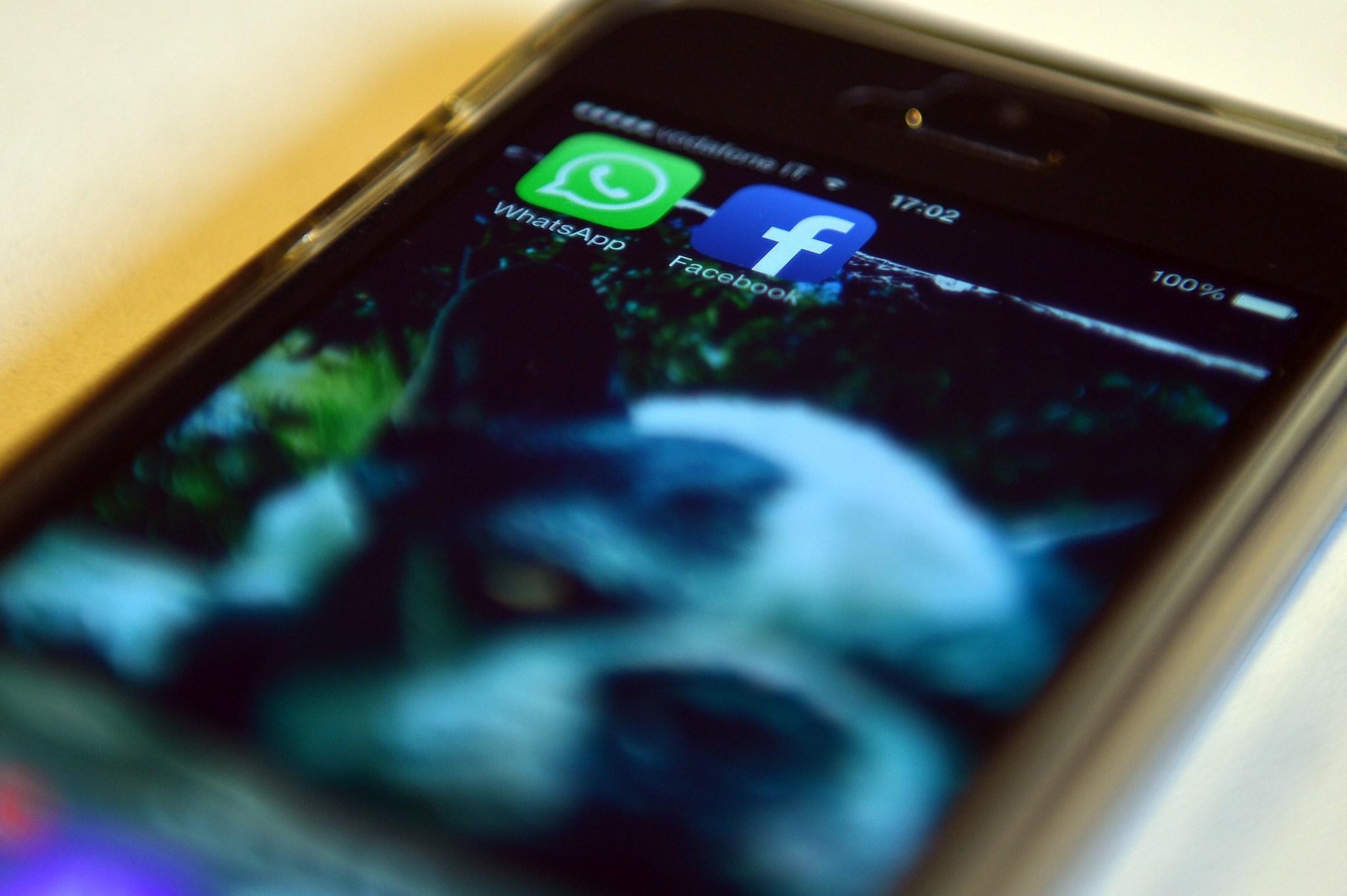Facebook asks users to upload nude photos to ensure they are not used for 'revenge porn'
The site will catalogue images and then ban them from being shared on the site

Your support helps us to tell the story
From reproductive rights to climate change to Big Tech, The Independent is on the ground when the story is developing. Whether it's investigating the financials of Elon Musk's pro-Trump PAC or producing our latest documentary, 'The A Word', which shines a light on the American women fighting for reproductive rights, we know how important it is to parse out the facts from the messaging.
At such a critical moment in US history, we need reporters on the ground. Your donation allows us to keep sending journalists to speak to both sides of the story.
The Independent is trusted by Americans across the entire political spectrum. And unlike many other quality news outlets, we choose not to lock Americans out of our reporting and analysis with paywalls. We believe quality journalism should be available to everyone, paid for by those who can afford it.
Your support makes all the difference.Facebook will ask its users to upload nude photos in an attempt to keep them safe.
The company will scan through the images and ensure that they are not allowed to be uploaded to the site. The feature is an attempt to stop so-called revenge porn, when sensitive images are uploaded to the internet to attack the person shown in them.
To stop that, the site will ask its users to upload any images they think might be able to used to harm them. The images will then be assigned a digital fingerprint so that any attempts to upload them can be stopped.
That fingerprint will be checked against any pictures shared on Facebook, Instagram, or Messenger. If they match, then the picture won't be able to be uploaded or shared.
When people send their naked photos to Facebook, they will be viewed by a member of staff. The company claims those people will be "specifically trained".
If those people approve the pictures as the kind of intimate images that should be banned, the special fingerprint or "hash" will be created of the image. The photo itself can then be deleted from Facebook's servers, and only the fingerprint will be stored – presumably meaning the image will stay safe even if Facebook's servers are compromised.
The pictures will still have to be uploaded and then viewed by a stranger, however. And it is not clear how long the images will stay on Facebook's servers.
The pilot programme will initially roll out in Australia, Canada, the UK and US.
The company said the tool had been introduced "in partnership with an international working group of safety organizations, survivors, and victim advocates, including the Australian Office of the eSafety Commissioner, the Cyber Civil Rights Initiative and The National Network to End Domestic Violence in the US, the UK Revenge Porn Helpline, and YWCA Canada".
Join our commenting forum
Join thought-provoking conversations, follow other Independent readers and see their replies
Comments